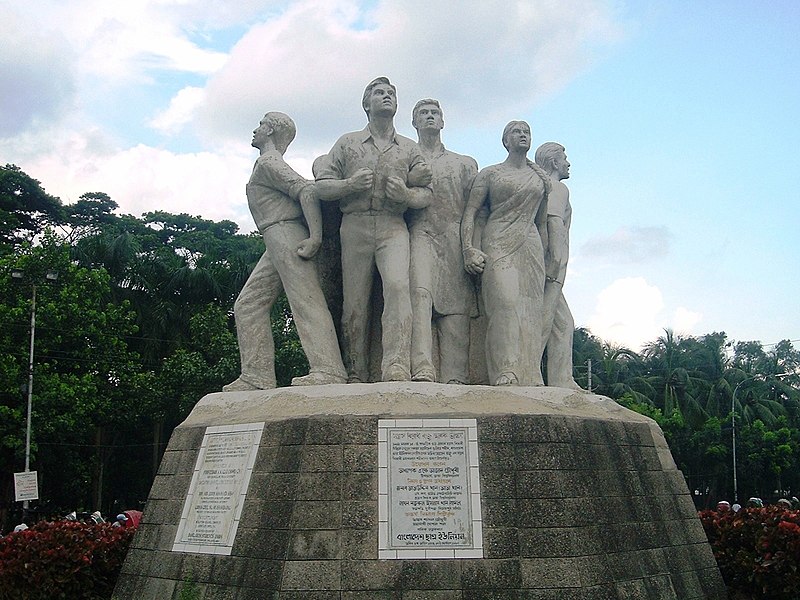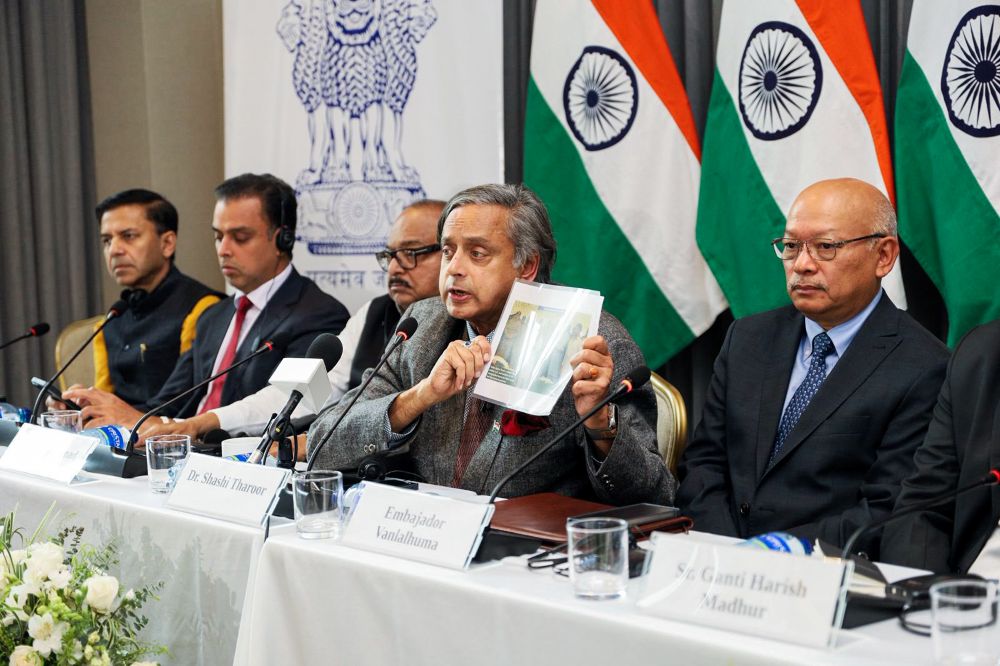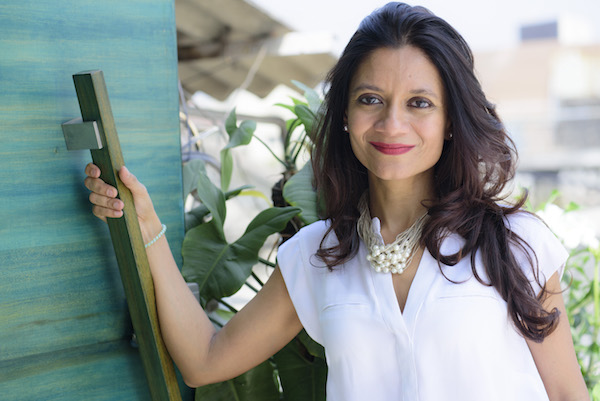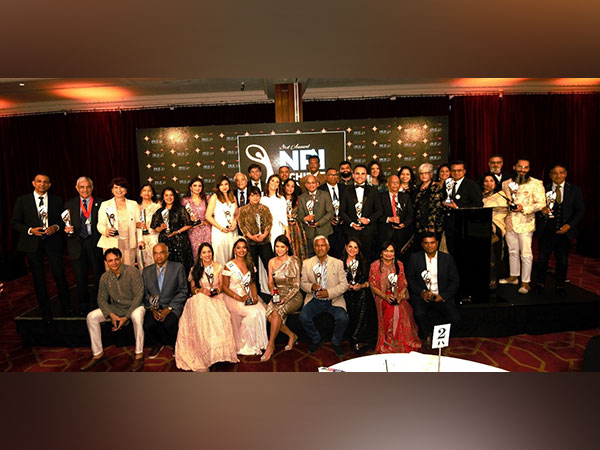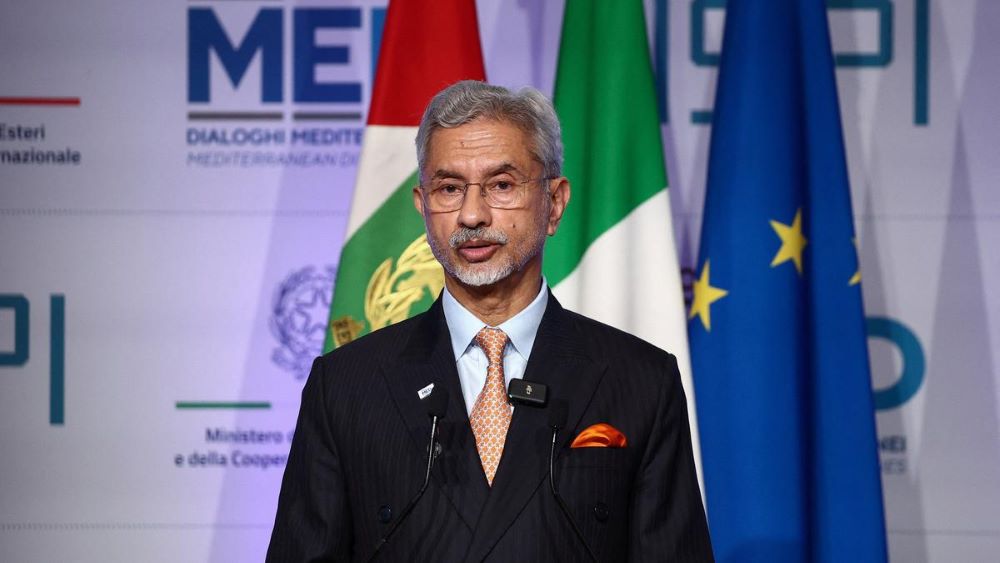Our Bureau
Dhaka
Students at Dhaka University staged a powerful protest on August 17, 2024, in solidarity with ongoing demonstrations in Kolkata, India, following the tragic rape and murder of a trainee doctor at R G Kar Medical College. The protest, organized under the banner “Awaaz Tolo Nari” (Raise Your Voice, Women), took place at the Raju Sculpture on campus, drawing attention to the urgent need for justice and accountability in cases of sexual violence.
The incident that sparked this wave of protests occurred on August 9, when a 31-year-old woman, was raped and murdered. This horrific crime has ignited widespread outrage in India, leading to protests demanding justice for the victim and systemic changes to address sexual violence.
At the Dhaka University protest, students expressed their solidarity with the victims of sexual violence, not only in Kolkata but also in Bangladesh. Rahnuma Ahmed Niret, a student from the Department of Physics, criticized the medical college administration for its lack of cooperation in the investigation and called for immediate legal action. “We demand that the administration provide maximum legal assistance, strictly enforce the law, and announce the verdict promptly,” she stated.
Anya Fahmin, a student of Anthropology, highlighted the broader implications of the Kolkata incident, stating, “Women worldwide face rape, and we fully support the ongoing movement for fair accountability in the RG Kar Hospital case in Kolkata.” She also called for a public trial in the case of a victim of a previous rape incident in Bangladesh, emphasizing the public’s right to know, especially when military involvement is suspected.
The protest included an “Occupy the Night” event, where students gathered under the night sky to amplify their voices against gender-based violence.
The march participants carried placards with messages demanding transparency and justice.
Lamisha Jahan, a student from Jahangirnagar University, remarked on the historical context of rape cases in Bangladesh, noting that victims are often shamed while perpetrators remain hidden. “The days of complacency are over. We must raise our voices against all forms of humiliation towards women,” she asserted.
The solidarity protest at Dhaka University reflects a growing awareness and activism among students regarding issues of gender-based violence. It underscores the interconnectedness of struggles faced by women in South Asia, as demonstrators in both Bangladesh and India rally for justice and systemic change.
















